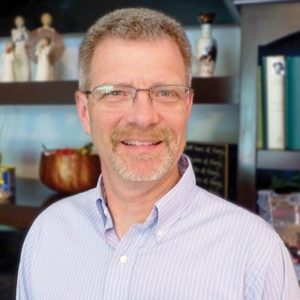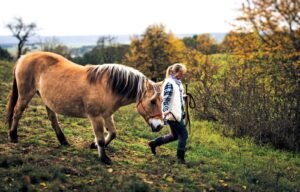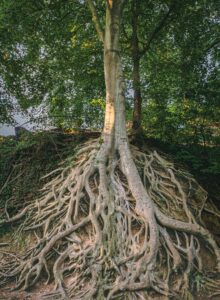To the younger, cooler generation(s), from a Gen Xer (once younger, maybe not so cool): Have you ever wondered what your parents, aunts, uncles or grandparents were like when they were your age? It is think that they have always been as they are right now, with their current size, shape, hair (or lack of hair), habits, and opinions. They can seem strong willed and not very flexible at times. They may not listen the way you want them to. They may be more focused on their problems than on how you are doing. It is very easy for parents and children to misunderstand each other and see events and opportunities differently. It may seem like the adults have completely forgotten what it was like to be a kid who is trying to figure him- or herself and life out.
The truth is, they may still be trying to figure themselves and life out. There is no wikiHow or YouTube channel to answer life’s most important questions. We are all on our own journey. Many of us experienced being young, especially the teenage years, as incredibly confusing times and can readily recall many embarrassing moments that are truly cringeworthy. Some of us really struggled with a heavy sadness or ever-present nervousness that seemed to come from everywhere and nowhere at the same time. A World Health Organization survey found that 20% of college students had complaints about their thoughts and/or emotions.
The best adults around you really want to help you learn how to navigate this difficult phase and be ready for adulthood. Resilience, the ability to ‘bounce back,’ is critical to handling the challenges that inevitably come our way. Part of the problem is that while we are young, we have less perspective on how temporary or permanent problems are and what the best way of dealing with them is.
One way you might see the adults around you differently is by learning more about what their life was like at your age. I don’t mean what life was like without computers, but what was important to them, how they reacted to bad news, how they dealt with mean friends, bullies, breakups, etc. We can learn a lot about how our family has dealt with life in the answers to the “Do you Know?” quiz. Dr. Robyn Fivush and Dr. Marshall Duke studied children and teenagers and discovered a difference in those who were more aware of their family history. They created a 20-question quiz to help people learn more about their relatives and thereby more about themselves. It is incredibly important to put our struggles and challenges in the perspective of the hurdles previous generations have overcome. We tend to focus on our problems as if they are new or worse than other people have faced, but there is nothing we will experience that is really new to the human experience. The 20 questions are listed on the right. Take some time with a relative or adult friend and see what you can discover about him or her and what lessons you can pick up about how to deal with your own situations at school and at home.
This quiz isn’t one you have to worry about passing. It is about having conversations with people we care about and can learn from. Life is too short to learn every lesson the hard way. For families that are struggling to communicate, this may help break the ice a bit and give the adults something to reminisce about instead of being angry or withdrawn. Good luck on your journey. I and the other counselors working at Hope Community Counseling Center (HopeCommunityCounselingCenter.com) are rooting for you.
The “Do You Know” Quiz
- Do you know how your parents met?
- Do you know where your mother grew up?
- Do you know where your father grew up?
- Do you know where some of your grandparents grew up?
- Do you know where some of your grandparents met?
- Do you know where your parents were married?
- Do you know what went on when you were being born?
- Do you know the source of your name?
- Do you know some things about what happened when your brothers or sisters were being born?
- Do you know which person in your family you look most like?
- Do you know which person in the family you act most like?
- Do you know some of the illnesses and injuries that your parents experienced when they were younger?
- Do you know some of the lessons that your parents learned from good or bad experiences?
- Do you know some things that happened to your mom or dad when they were in school?
- Do you know the national background of your family (such as English, German, Russian, etc.)?
- Do you know some of the jobs that your parents had when they were young?
- Do you know some awards that your parents received when they were young?
- Do you know the names of the schools that your mom went to?
- Do you know the names of the schools that your dad went to?
- Do you know about a relative whose face “froze” in a grumpy position because he or she did not smile enough?
























